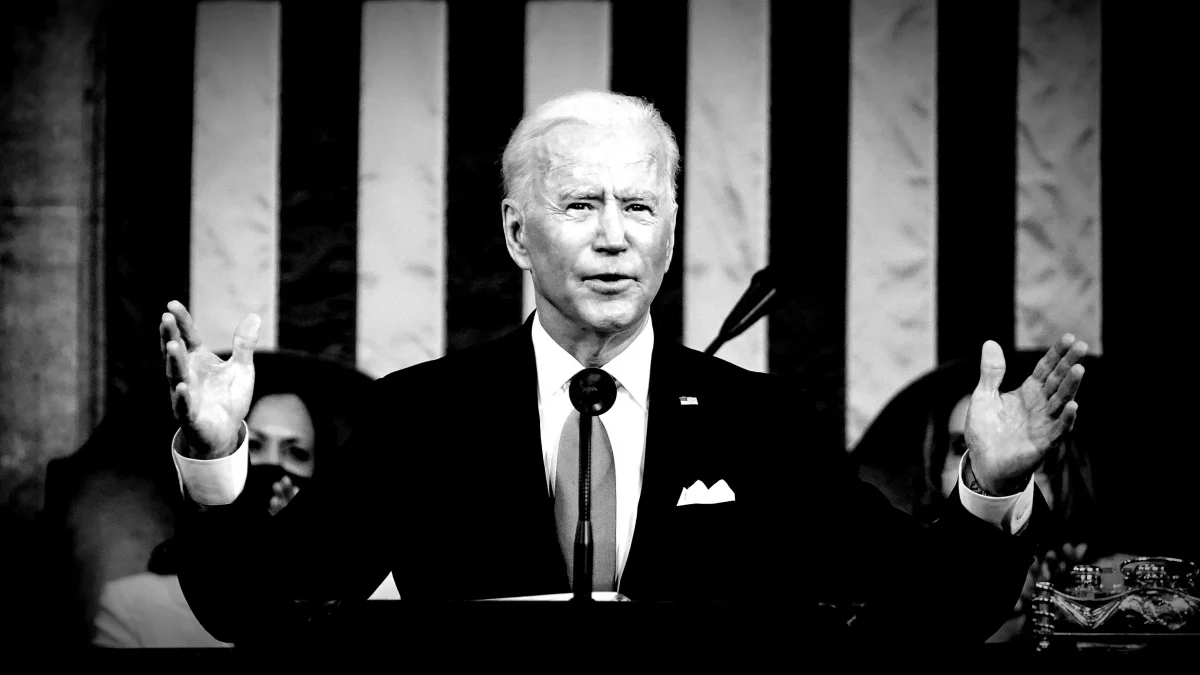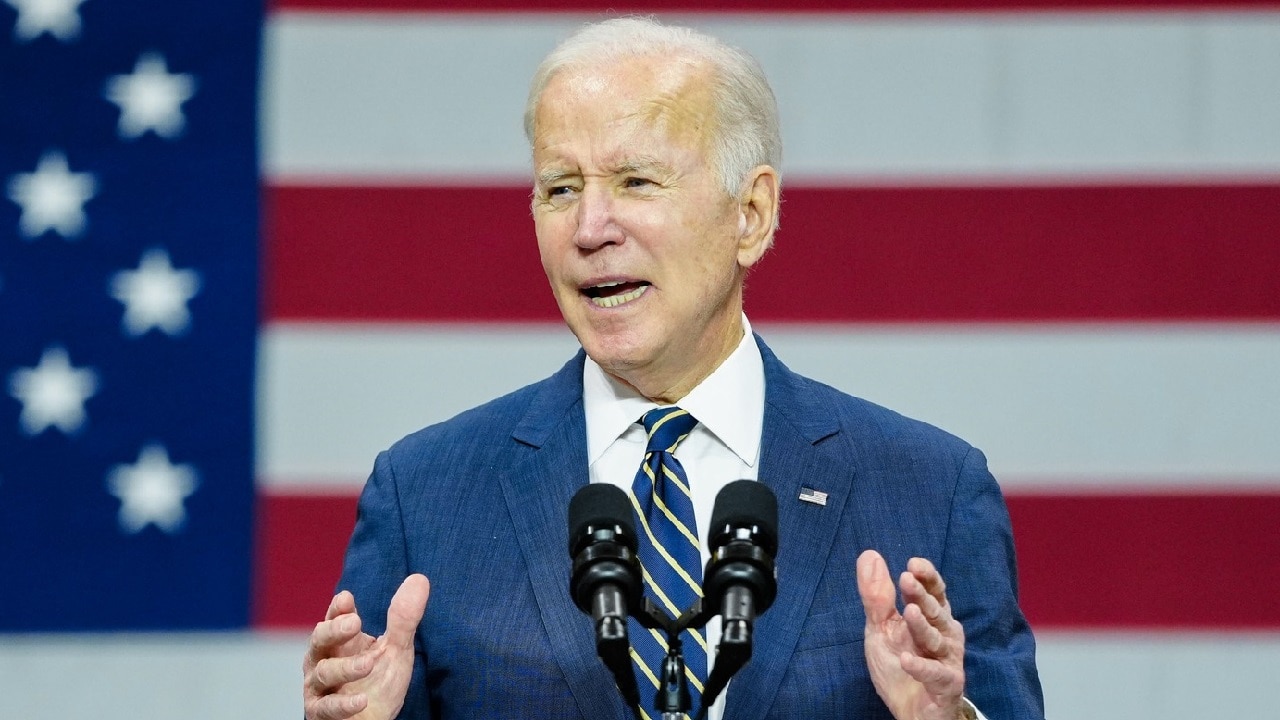Before engaging in yet another round of debt ceiling brinkmanship, U.S. politicians on both sides of the aisle might want to reflect on the recent ructions in the UK debt market. Maybe then they will not be as cavalier as they now seem to be about the very real economic dangers of a debt ceiling showdown to the US and world economies at this time of considerable financial market vulnerability.
In her very first days as UK prime minister, Liz Truss unsettled her country’s financial markets by announcing a very large unfunded tax cut as part of her dash for economic growth. Fearing that the UK’s public finances were now on an unsustainable path, the financial markets took fright. The pound sank like a stone to an all-time low against the dollar. Long-term bond rates surged higher at an unusually rapid rate. That in turn revealed acute weaknesses in the country’s pension system which required US $65 billion in Bank of England intervention to prevent a bond market meltdown.
James Carville, Bill Clinton’s political adviser, famously mused that if there was reincarnation, he would like to come back as the bond market. You could then intimidate everybody. By engaging in a reckless budget policy, Liz Truss learned the hard way what Mr. Carville meant. Not only did she have to fire her chancellor of the exchequer and do an embarrassing economic policy U-turn. She was also forced to resign to give the country a chance to rebuild its tattered economic policy credibility.
Liz Truss caused financial market mayhem by her reckless budget policy that raised market fears about the prospect of an eventual UK sovereign debt default. How much more so would a U.S. debt ceiling showdown now cause US bond market mayhem by raising market fears about the prospect of a near-term US sovereign debt default?
It is well to recall that in 2011, Standard and Poor’s stripped the U.S. government of its triple-A rating in the midst of an earlier debt ceiling showdown. By so doing, it raised the U.S. government’s longer run borrowing costs.
There is never a good time for the U.S. to be raising market fears about the prospect of a government default. However, today would seem to be a particularly bad time. The U.S. government bond market is experiencing its worst year in decades as the Federal Reserve has shifted to a hawkish monetary policy stance to contain inflation. At the same time, foreign central banks have become increasingly reluctant to buy U.S. government bonds while the Fed itself is now reducing its U.S. Treasury bond holdings at the rate of $60 billion a month.
It is difficult to exaggerate the importance of U.S. Treasury rates to the U.S. economy. Not only are they the key determinant of mortgage rates and consumer loan rates. They are also the rate at which corporate earnings are discounted to determine equity valuations. Generally, a sharp spike in government bond yields is associated with a sharp reduction in stock market prices.
Today, both the U.S. and world economies appear to be on the cusp of recession while the US and world financial markets appear to be in a highly fragile state. This would seem to be no time for political games about the U.S. debt ceiling that could complicate an already very difficult economic and financial market outlook by raising doubts about the US government’s willingness to service its debt.

Joe Biden’s State of the Union Address in 2021.
One has to hope that politicians on both sides of the aisle put the country above politics and come to an early solution to raising the debt ceiling. However, judging by the recent strong statements coming from Kevin McCarthy, the likely next speaker of the House of Representatives, and the White House, I do not suggest holding your breath for that to happen anytime soon.
Author Biography and Expertise: Desmond Lachman joined AEI after serving as a managing director and chief emerging market economic strategist at Salomon Smith Barney. He previously served as deputy director in the International Monetary Fund’s (IMF) Policy Development and Review Department and was active in staff formulation of IMF policies. Mr. Lachman has written extensively on the global economic crisis, the U.S. housing market bust, the U.S. dollar, and the strains in the euro area. At AEI, Mr. Lachman is focused on the global macroeconomy, global currency issues, and multilateral lending agencies.

